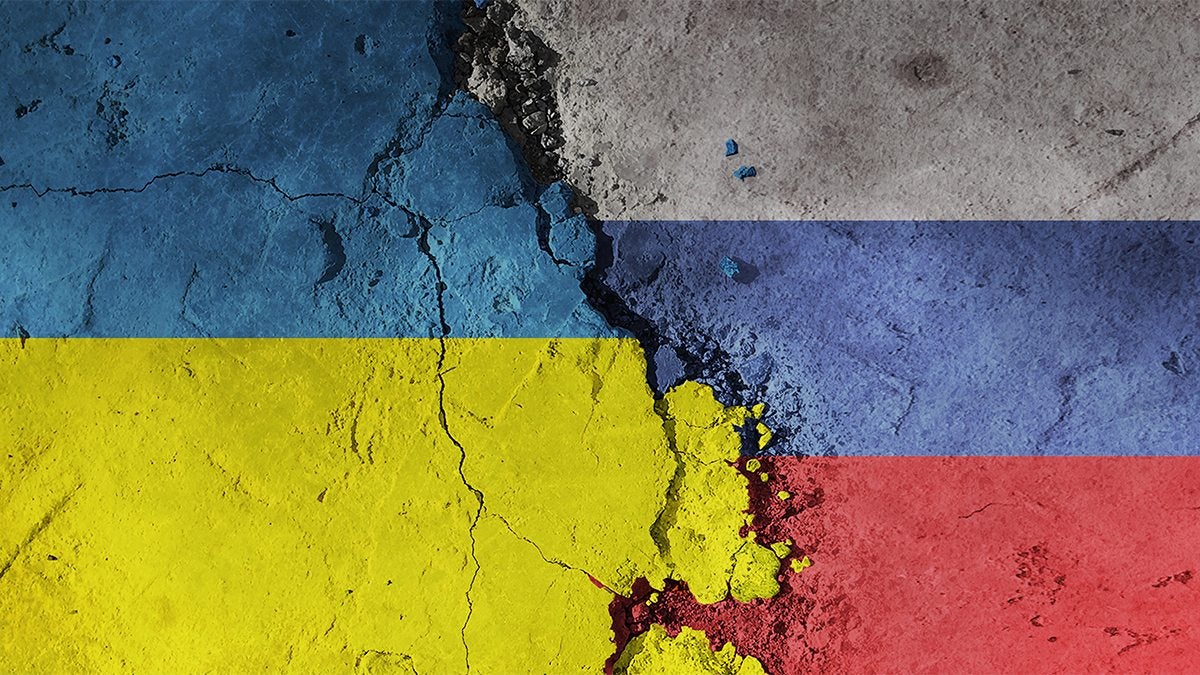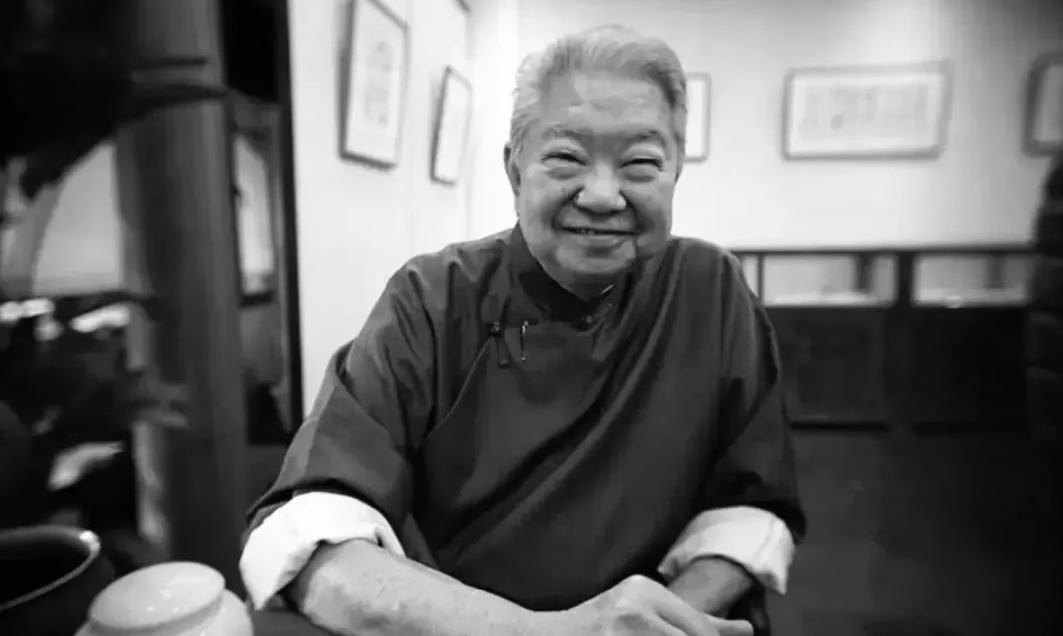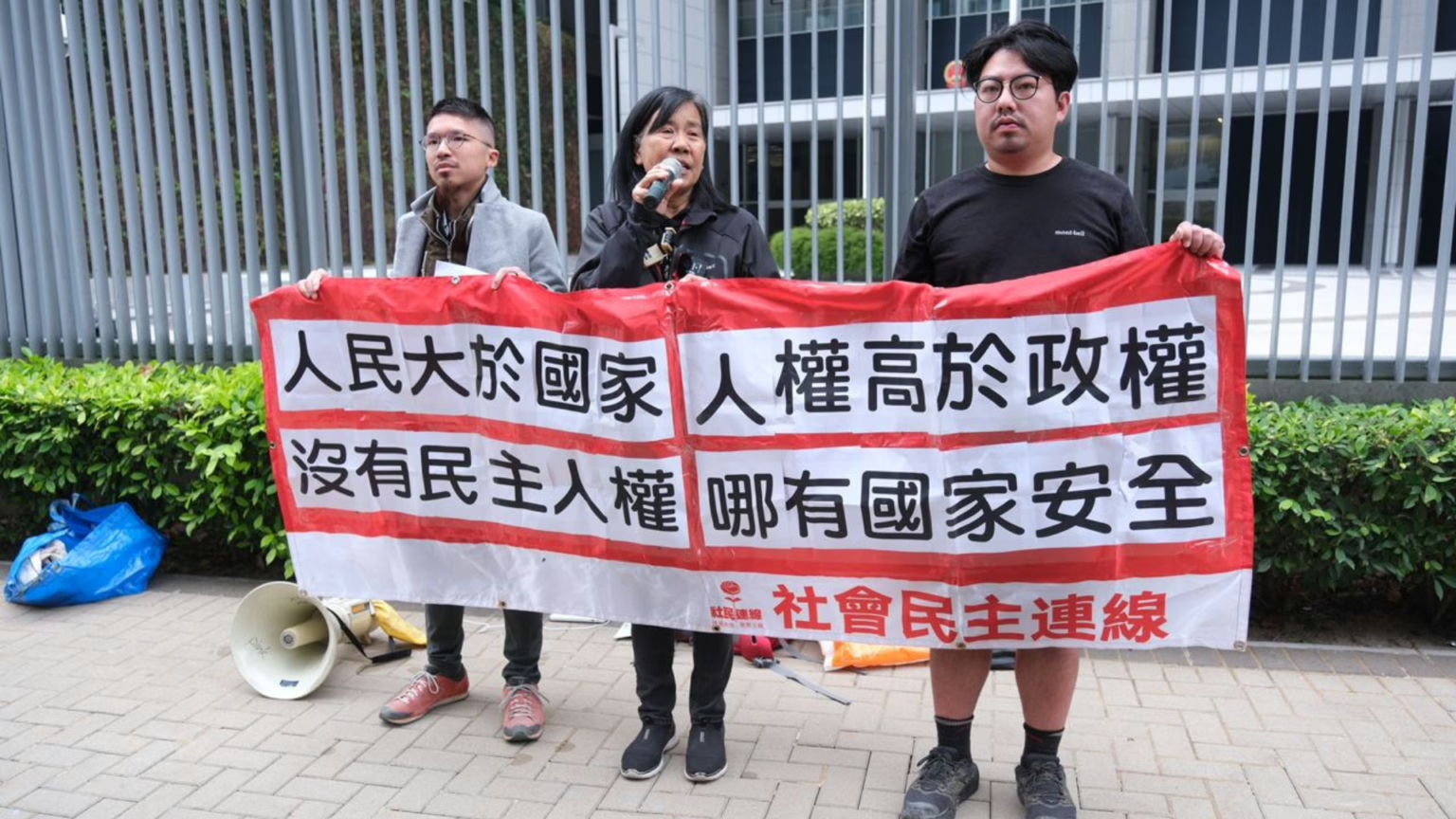Russian President Vladimir Putin stunned the world yesterday (10 May) by announcing readiness for unconditional direct talks with Ukraine in Istanbul on 15 May, aiming to revive peace efforts in the over three-year-long Russo-Ukrainian War. The move has sparked intense global scrutiny, but Putin’s failure to commit to an immediate ceasefire raises doubts about his sincerity. Meanwhile, North Korea’s open admission of sending troops to support Russia and allegations of China’s covert military aid have cast a shadow over the talks. The US, Europe, and the UK respond with resolve, as the world watches this high-stakes geopolitical drama unfold.
Russia: Battlefield Strain and Diplomatic Manoeuvre
Putin’s sudden “peace gesture” comes amid mounting pressures. Russian forces have made limited gains in Donbas, but the broader front remains deadlocked, with Western sanctions crippling the economy and domestic unrest simmering. North Korea’s military support has become a lifeline, with over 10,000 troops deployed to Kursk to bolster Russian defences against Ukrainian counteroffensives.
Putin, while claiming openness to dialogue and accusing Ukraine of derailing a 2022 draft peace deal, has sidestepped a call from the UK, France, Germany, Poland, and Ukraine for a “30-day unconditional ceasefire starting 12 May”. This suggests he may be using talks to buy time and stabilise the front and home front.
Analysis: Putin’s offer is both a diplomatic gambit and a bid to ease battlefield strain. North Korea’s support provides temporary relief, but failed talks could deepen Russia’s isolation and invite harsher sanctions.
Ukraine: Zelenskyy’s Wary Defiance
Ukrainian President Volodymyr Zelenskyy dismissed Putin’s proposal as a “manipulative ploy”. Kyiv has accepted a US-brokered 30-day ceasefire plan, set to begin on 12 May, but insists Russian forces must fully withdraw from all Ukrainian territory, including Crimea. North Korea’s entry into the fray has intensified pressure on Ukrainian forces, particularly in Kursk, where they face a combined Russian-North Korean assault.
Despite Western aid holding the line, Ukraine’s economy teeters on collapse, and its people yearn for peace. Zelenskyy has vowed that any talks excluding Ukraine would be a “betrayal”, wary of potential US-Russia backroom deals.
Analysis: North Korea’s involvement compounds Ukraine’s battlefield woes, forcing Zelenskyy to balance peace demands with territorial red lines. If talks yield only a temporary truce, Kyiv may resist, especially with North Korean troops in play.
United States: Trump’s Iron-Fisted Diplomacy
The US, under President Donald Trump, is pivotal in the conflict. Trump, who vowed to end the war, sees Putin’s offer as a response to his pressure. Secretary of State Marco Rubio called the coming week a “pivotal moment for peace” but warned of “severe consequences” for North Korea’s involvement. The US has threatened new sanctions on Russia and North Korea while pushing a controversial economic deal to control Ukrainian infrastructure and resources, straining ties with Kyiv and European allies.
Trump’s recent claim that Zelenskyy’s presence at talks is “irrelevant” underscores his urgency to secure a diplomatic win.
Analysis: Trump’s aggressive diplomacy aims to deliver on campaign promises, but North Korea’s role and China’s alleged support complicate matters. If talks falter, the US may face pressure to escalate military aid or sanctions, testing its “America First” stance.
Europe: United Front, Fractured Vision
The UK, France, Germany, and Poland have rallied behind Zelenskyy, demanding Russia implement a 30-day ceasefire from 12 May or face “unprecedented sanctions” and increased arms to Ukraine. North Korea’s troop deployment has heightened European security fears, prompting NATO to monitor the situation and weigh countermeasures.
Germany and France lean towards diplomacy, while Poland staunchly backs Ukraine’s full territorial restoration. Europe’s unease over US dominance in talks is growing, particularly over Trump’s bid to control Ukrainian assets, which could jeopard its EU membership aspirations.
Analysis: North Korea’s involvement has galvanised Europe’s push for a ceasefire, but internal divisions and distrust of US motives weaken its clout. Stalled talks could force Europe to bear heavier military and refugee burdens.
United Kingdom: Steadfast Support for Ukraine
Prime Minister Keir Starmer has insisted that no talks can exclude Ukraine and plans to meet Trump on 27 May to align strategies. Defence Secretary John Healey warned that North Korea’s role signals Russia’s unrelenting aggression, and a Putin victory could destabilise Europe. The UK recently unveiled sweeping new sanctions on Russia and pledged long-term military and economic support for Ukraine.
Analysis: The UK’s resolute stance reinforces its NATO leadership and counters North Korea’s escalation. However, its influence may be constrained by US-European policy rifts.
North Korea: Kim’s Bold Battlefield Bet
In April 2025, North Korea openly confirmed sending troops to aid Russia, with over 10,000 soldiers deployed to Kursk, wearing Russian uniforms and under Moscow’s command. Foreign Minister Choe Son-hui vowed to back Russia “until victory”, cementing a “military brotherhood” with Moscow. Reports suggest Russia pays $2,000 per North Korean soldier and offers nuclear technology and military modernisation in return.
Pyongyang seeks to break its global isolation, secure economic gains, and gain combat experience. Yet, exposing troops to the outside world risks ideological cracks in the regime.
Analysis: Kim Jong-un’s high-stakes gamble offers short-term gains but carries long-term risks. A Russian defeat could leave North Korea diplomatically and economically stranded.
China: Covert Aid and Diplomatic Tightrope
Western intelligence alleges China has indirectly supported Russia with drone components and communication equipment, though Beijing denies this. China’s response to North Korea’s involvement has been muted, with Foreign Ministry spokesperson Lin Jian calling Russia-North Korea ties a “bilateral matter” and urging a political resolution to the Ukraine crisis.
North Korea’s unilateral move has put Beijing in a bind. While aligned with Russia through a “no-limits” partnership, China fears the war spilling into Northeast Asia. A strengthened Russia-North Korea military axis could also dilute Beijing’s sway over Pyongyang.
Analysis: China is walking a tightrope, balancing support for Russia with avoiding regional escalation. If talks collapse, Beijing may face pressure to deepen its backing of Moscow, risking further Western backlash.
Conclusion
Putin’s unconditional talks offer a flicker of hope, but North Korea’s battlefield role and China’s shadowy support muddy the waters. Russia leans on North Korean troops to hold the line, Ukraine clings to territorial demands, the US pushes for a swift deal, Europe unites against Russia but grapples with divisions, the UK stands firm with Kyiv, North Korea bets big on geopolitical gains, and China treads cautiously. Will the 15 May Istanbul talks break the deadlock? The world holds its breath.
Discover more from “Bridging Hongkongers. Reporting Truth.”
Subscribe to get the latest posts sent to your email.




